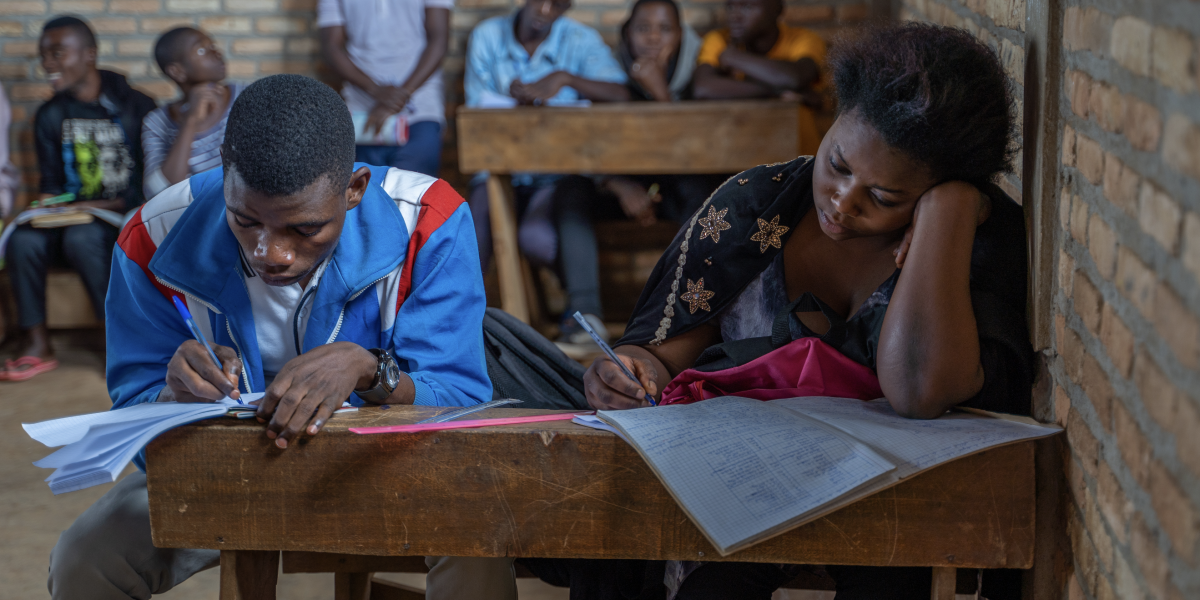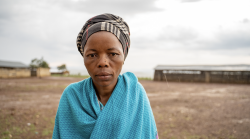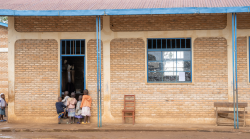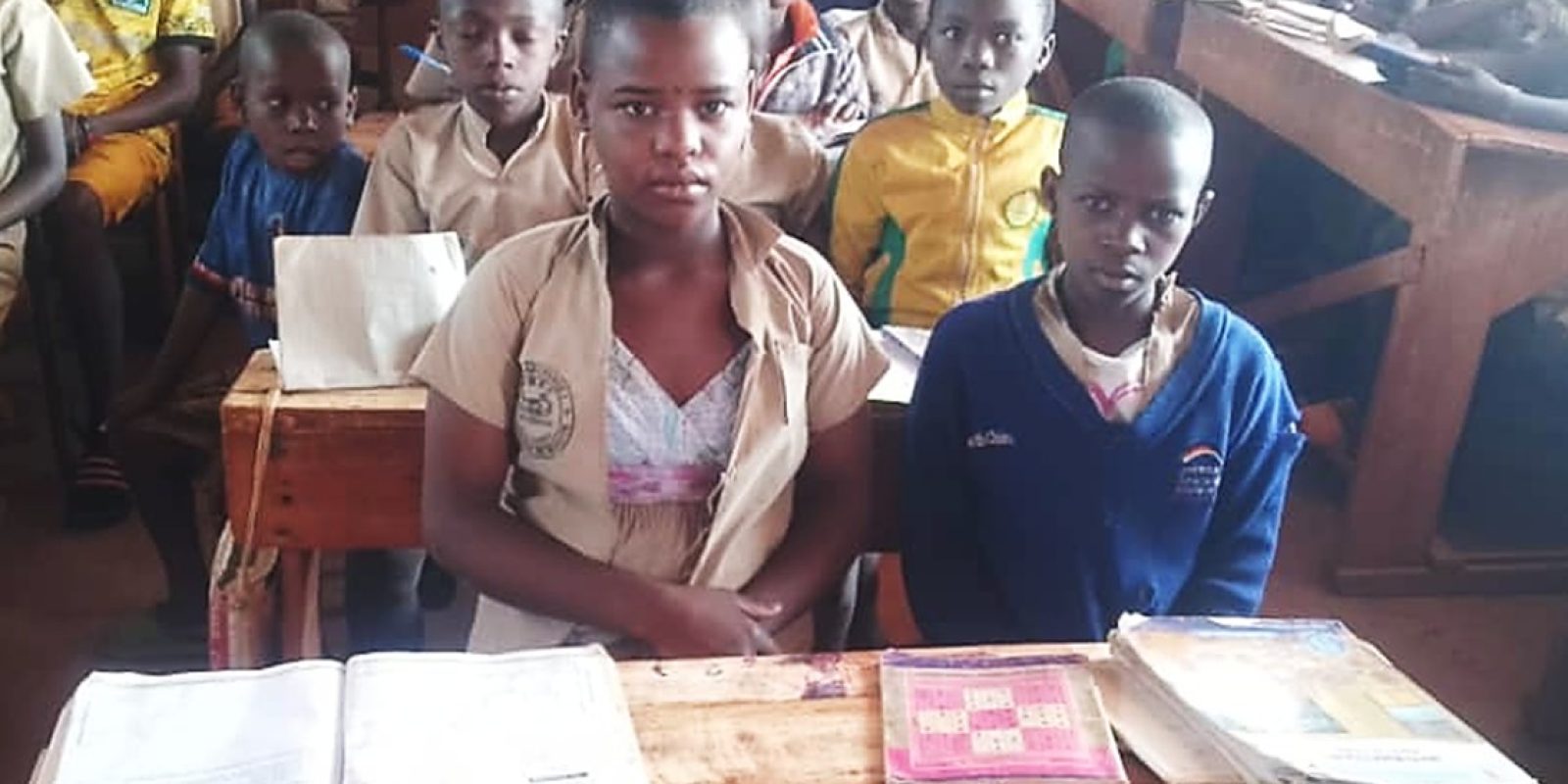Nabindu Lydie’s Journey at Kavumu Refugee Camp and the importance of Education
27 January 2024|Paula Casado Aguirregabiria

Nabindu Lydie, a 28-year-old from South Kivu, Democratic Republic of Congo (DRC), has been residing at the Kavumu Refugee Camp in Burundi since 2014. As a single mother of six and a foster mother to four orphans, her story is one of strength and determination.
“I was a teacher in the DRC. We fled our village during a massacre on June 6 and crossed into Burundi on the 13th. Later, we were transferred to the camp (Kamuvu). It was tough; we didn’t know what would happen. We were traumatized, and my husband died that day. It was a massacre.” Lydie shares.

In the secondary education system, Lydie has three children in the 2nd, 7th, and 8th grades, three in primary school (including one orphan and one biological child in the 3rd grade and one biological child in the 1st grade), and one in kindergarten. The orphans, considered her own, include an 11-month-old child who was the son of a neighbor.
Lydie emphasizes the significance of education, referring to it as the future. Thanks to the Jesuit Refugee Service (JRS) campaign, there is a notable increase in school enrollment, supported by free education and food rations distributed by the UN Refugee Agency (HCR).
Challenges abound in primary and secondary schools, with secondary students often dropping out, and girls facing early marriages and pregnancies. Lydie stresses the need for qualified teachers and increased awareness campaigns, particularly addressing the education of girls and combating early marriages and pregnancies.
Having received training from JRS on child protection for both parents and children, Lydie notes a positive shift in mentality, particularly regarding the issue of corporal punishment at school and home.
Lydie underscores the necessity of organizing training on VSBG (Violence against Sexual and Gender-Based Violence). She highlights instances of child abuse, with young girls becoming pregnant due to exploitative relationships fueled by financial transactions.

“We don’t have the means to go to university; scholarships are rare, and we are stuck here,” Lydie concludes, encapsulating the challenges faced by many in pursuit of higher education.
As JRS, we are committed with providing a quality and transversal education for forcibly displaced communities. Education in refugee camps in Burundi is crucial as it provides displaced individuals with essential skills and knowledge, offering hope for a better future. It not only facilitates personal development but also promotes resilience, community building, and contributes to breaking the cycle of poverty among refugees.



